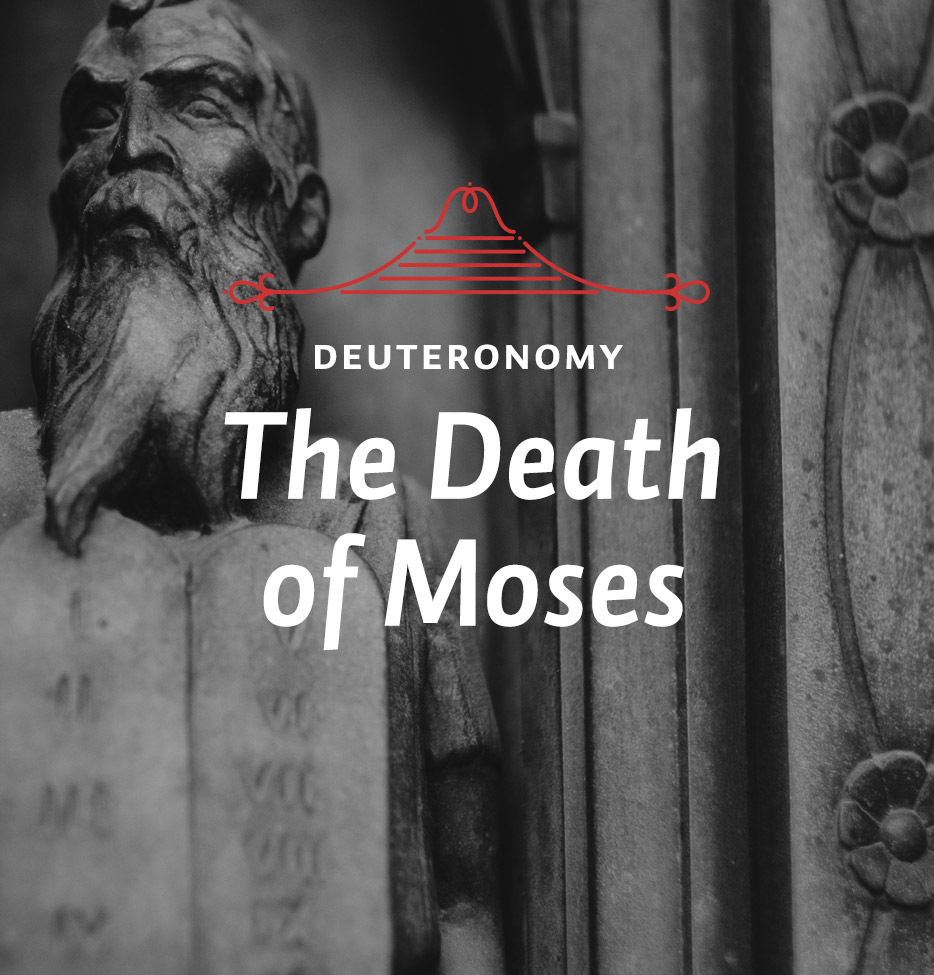Next we come to Benjamin’s blessing (v. 12). He was the second child of Rachel, and the son whom Jacob loved especially, which is why Moses calls him “the beloved.” The most important thing is not that Benjamin was beloved by Jacob, but by the Lord. Everybody wants to be loved. If you’re greatly loved by someone else, that’s a wonderful thing. But the most important thing of all is to be loved by God because His is a perfect love that is never going to change or fade away. If we are loved by God through Jesus Christ, nothing in all heaven or earth is ever going to separate us from that love (see Rom. 8:38-39).
There’s also a blessing on Joseph (vv. 13-17). He had married Asenath, the daughter of Potiphera, a priest of On, an Egyptian. She bore Joseph two sons, Ephraim and Manasseh, who became two tribes of Israel. So when Moses pronounces a blessing on Joseph, it is for these two tribes. What they are said to experience is prosperity, and they’re going to be greatly blessed. Moses uses very poetic language: “May the LORD bless his land with the precious dew from heaven above and with the deep waters that lie below; with the best the sun brings forth…with the best gifts of the earth and its fullness” (vv. 13-14, 16). All this is going to be given to Joseph’s descendants.
This is an appropriate blessing because Joseph was the one through whom Egypt was blessed in his day. When famine was about to come upon the whole Mediterranean world, God revealed to Joseph what was going to happen through the dream of Pharaoh. Joseph was able to save up grain, which caused Egypt to prosper during that time. Just as Egypt had prospered under Joseph, now the land given to Ephraim and Manasseh was going to prosper under the hands of Joseph’s descendants.
Moses next blesses Zebulun and Issachar (vv. 18-19). They’re going to be blessed in their going out and in their tents. Those two phrases might be referring to war and peace, but may also mean that at all times, whether the people are away or home, whatever they do, they are going to be blessed. They are also going to encourage the people in their worship, and in addition they will prosper through commerce.
Gad was one of the two and a half tribes that settled in the Transjordan, and Moses says, “He chose the best land for himself” (v. 21). That sounds pejorative to us because it sounds selfish, as if he grabbed the best land and left the rest for other people. But that’s not the way it is expressed. Moses actually commends Gad for possessing the leader’s portion, and he blesses God as the one who enlarges Gad’s domain. I think the reason this is a blessing and not a criticism is that by being situated across the Jordan to the east, Gad would bear the brunt of any attack that came from that direction, since such attacks from kings were largely from the east or by robbers from the desert. The people of Israel probably thought very highly of the lion-like qualities of Gad because the tribe was able to protect their eastern flank.
There’s a blessing on Dan in verse 22, a blessing on Naphtali in verse 23, and a blessing on Asher in verses 24 and 25. And then there is the postscript in which Moses praises “the God of Jeshurun” (v. 26). Jeshurun probably means the “upright one” or the “righteous one.” It refers to Israel—what Israel is or should be. So this expression is really praising Israel’s God. Who is like this God of Israel, this God of Jeshurun? There is no God like Him. This God is a marvelous God and is always to be praised. He is faithful, the one in whom you can trust, and under the shadow of His wings you can abide in safety. This is worth reading in full.
There is no one like the God of Jeshurun, who rides on the heavens to help you and on the clouds in his majesty. The eternal God is your refuge, and underneath are the everlasting arms. He will drive out your enemy before you, saying, “Destroy him!” So Israel will live in safety alone; Jacob’s spring is secure in a land of grain and new wine, where the heavens drop dew. Blessed are you, O Israel! Who is like you, a people saved by the LORD? He is your shield and helper and your glorious sword. Your enemies will cower before you, and you will trample down their high places. (Deut. 33:26-29)






